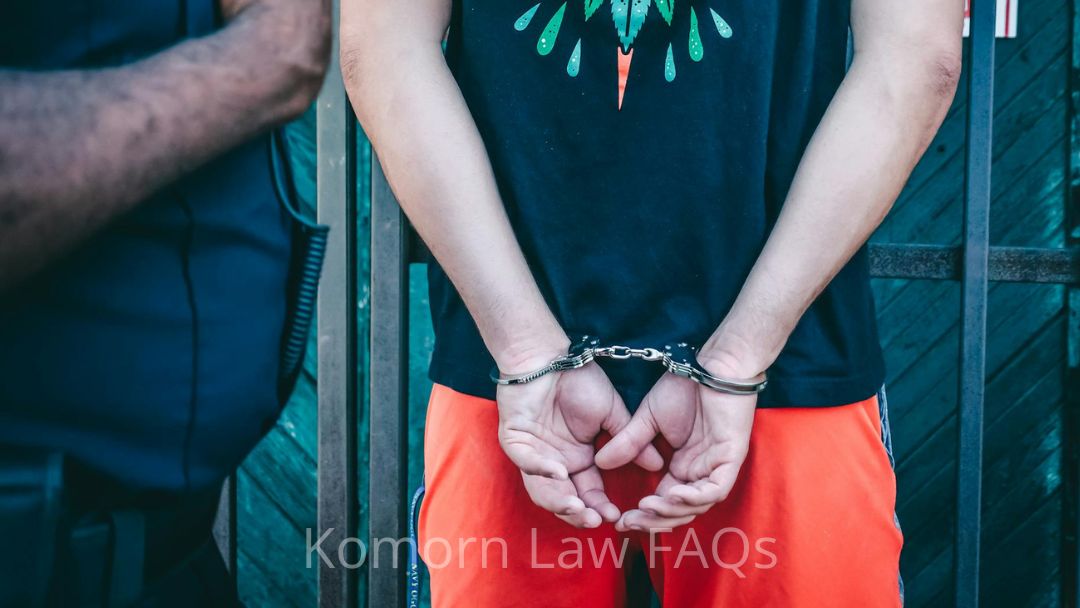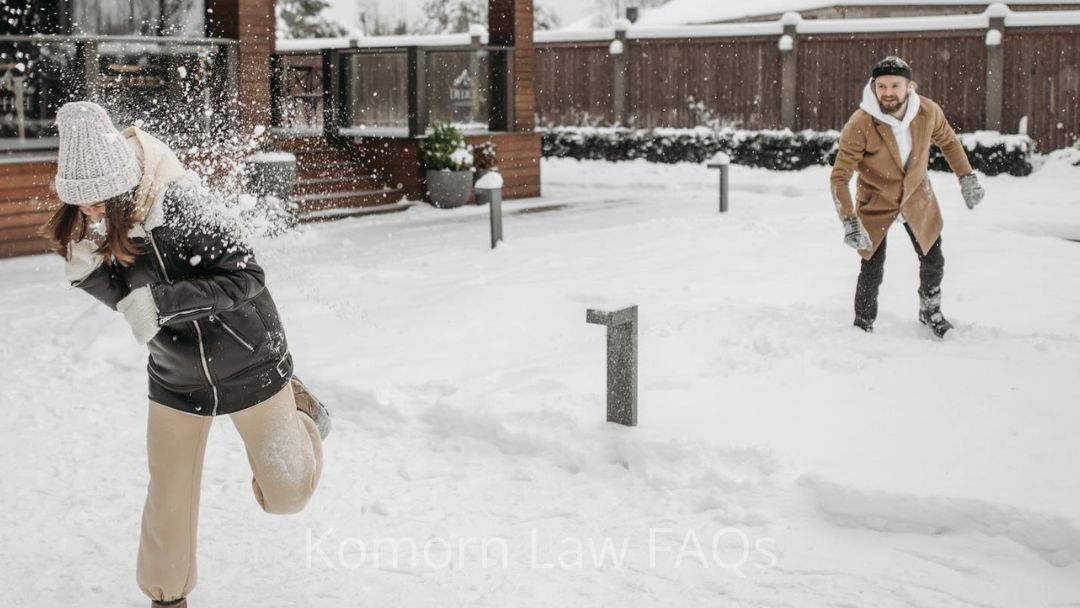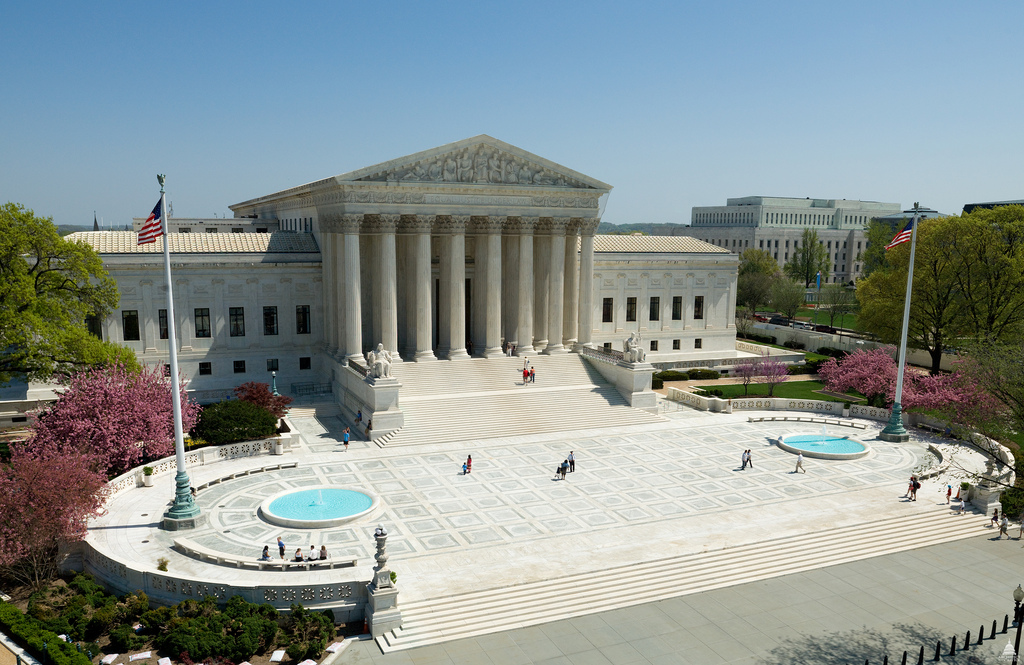Exceptions to your 4th Amendment Rights against Search and Seizure (more to come).
The Fourth Amendment of the U.S. Constitution safeguards citizens by prohibiting unreasonable searches and seizures and generally mandates the necessity of a warrant for such intrusions.
However, there are specific contexts where warrant requirements are relaxed or not applicable. Here are six notable exceptions:
Border Searches
At U.S. borders and international points of entry, law enforcement officials have broad authority to conduct searches without a warrant. This includes searching individuals, vehicles, and luggage. The rationale is that the government has a sovereign interest in protecting its borders and regulating who and what enters the country. These searches are considered reasonable under the Fourth Amendment due to the national security interests at stake.
Drug Testing
Drug testing by government employers, schools, or other institutions can occur without a warrant or individualized suspicion in certain circumstances. For example, random drug testing of student-athletes or employees in safety-sensitive positions is allowed. The Supreme Court has upheld such practices, balancing the government’s interest in safety and public welfare against individual privacy rights.
National Security
In matters of national security, the government can conduct searches without a warrant under specific conditions, such as through the Foreign Intelligence Surveillance Act (FISA). These searches are typically related to monitoring foreign spies, terrorists, or other national security threats. The courts have generally granted the government greater leeway in these cases, recognizing the unique and urgent nature of national security concerns.
School Searches
School officials have the authority to search students and their belongings without a warrant, provided they have reasonable suspicion that the student has violated a school rule or law. The standard for these searches is lower than in other contexts because schools are responsible for maintaining a safe and orderly environment conducive to education.
Searches of Prisoners, Parolees, and Probationers
Individuals owned by the criminal justice system, such as prisoners, parolees, and probationers, have a reduced expectation of privacy. Warrantless searches of these individuals and their property are permitted under the terms of their incarceration, parole, or probation. These searches are justified by the government’s interest in maintaining security and ensuring compliance with the terms of their release.
Workplace Searches
Government employers can conduct warrantless searches of employees’ workspaces, particularly if there is a reasonable suspicion of work-related misconduct or if the search is part of a general policy to ensure workplace efficiency and security. The expectation of privacy in a government workplace is lower, especially when the area searched is related to work rather than personal activities.
These exceptions illustrate the balance between individual rights and the government’s need to ensure safety, security, and efficiency in specific contexts where the warrant requirement is not strictly enforced.
Are there more? Yes.
Legal Counsel and Your Rights
When facing legal challenges, particularly in criminal cases, it is advisable to seek legal counsel immediately.
An experienced attorney can provide guidance on how to navigate interactions with law enforcement while safeguarding your constitutional rights.
Since 1993 our expert legal defense in navigating criminal law matters and protecting your constitutional rights are what we eat for breakfast everyday.
Contact Komorn Law PLLC if you’re ready to fight and win.
Research us and then call us.
Do you know what to do if you are pulled over by a police officer?
Below is some information that can help to make a traffic stop less stressful and safer for everyone.
- First, when you notice emergency lights behind you, pull over to the right side of the road as soon as it’s safe to do so. Keep calm and try to remain still. Stay in your vehicle, open the driver’s side window and keep your hands in sight on the steering wheel.
- When the officer asks, provide your driver’s license, vehicle registration and proof of insurance. At this point in the traffic stop, the officer should tell you why you were stopped. If he or she doesn’t, it’s okay to inquire about the reason for the stop once you have provided your driver’s license, vehicle registration and proof of insurance. When addressing the officer, speak with the same level of respect you expect from him or her.
- If the officer issues you a citation, don’t argue the reason for it during the traffic stop. The best and most appropriate place to dispute a citation is in court.
- When the officer tells you it’s okay to leave, make sure your seat belt is buckled and that it’s safe to enter the roadway before pulling out. As you get back on the road, follow all traffic laws, including using your turn signal. The officer will likely remain on the side of the road, with lights activated, until you have safely re-entered traffic.
If you feel the officer acted inappropriately or didn’t treat you fairly, it’s okay to follow up with a phone call to his or her supervisor.
Source: Michigan Government
Recent

Resisting an Unlawful Arrest in Michigan
Michigan Criminal Laws FAQs Resisting an Unlawful Arrest in MichiganThe question of whether you can legally resist an unlawful arrest in Michigan is complex, and the answer is generally no, with very limited exceptions. While the idea of defending oneself against an...

Criminal Law FAQs – Assault with Intent to do Great Bodily Harm Less Than Murder (AWIGBH)
Michigan Criminal Laws FAQs Assault with Intent to do Great Bodily Harm Less Than MurderAccording to Michigan State Law (Michigan Compiled Laws - MCL), Assault with Intent to do Great Bodily Harm Less Than Murder (AWIGBH) is a serious felony offense defined in MCL...
Other Articles
SCOTUS Decision Gives Starbucks a Win in Labor Dispute
The decision underscored the principle that only activities that are essential and directly related to an employee's primary job responsibilities are subject to compensation. In a recent decision by the Supreme Court of the United States (SCOTUS), Starbucks received a...
The 6th Amendment – Do You Know What It Is?
The 6th Amendment: is it still a thing?The 6th Amendment to the United States Constitution is a crucial pillar of the Bill of Rights, designed to ensure fair and just legal proceedings for individuals accused of crimes. Ratified on December 15, 1791, this amendment...
The US Supreme Court and Federal Gun Law Cases
The US Supreme Court and Federal Gun Law CasesChallenges to Federal Gun Laws the right of the people to keep and bear Arms, shall not be infringed Updated July 8, 2024 Ratified in 1791, the Second Amendment provides, “A well regulated Militia, being necessary to the...
Do Passengers in a Vehicle have 4th Amendment Rights?
Do Passengers have 4th Amendment Rights?Michigan Supreme Court Limits Police Ability to Search Passenger Property in CarsBackground Mead was a passenger in a car and had just met the driver, who offered him a ride. When the police stopped the vehicle and ordered both...















